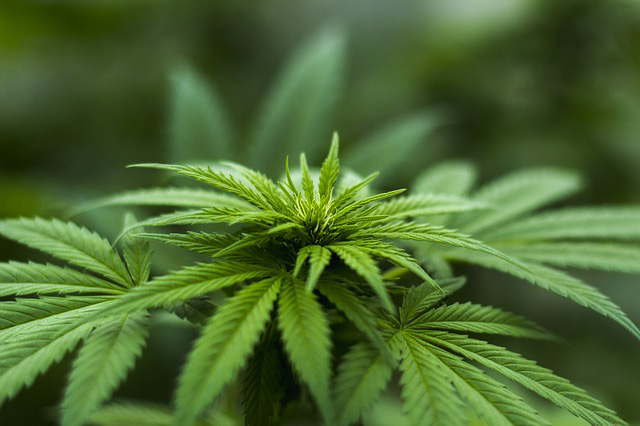What is CBD?
By Joy Johnston
CBD is short for cannabidiol, a compound found in varieties of the cannabis plant, including marijuana and hemp. While marijuana is known to have high levels of THC, which leads to its well-known psychoactive effects, hemp contains very low levels of THC and has many potential health benefits. Research has shown that CBD can help control and reduce seizures in those with certain forms of epilepsy. There are anecdotal reports that CBD can help relieve anxiety and reduce pain.
Caregivers in particular may be interested in the potential benefits of hemp-based CBD products, because it does not make one high like marijuana does, meaning caregivers remain clear-headed to carry out their important tasks. Follow this blog to learn more about the potential of CBD for caregivers, including reviews of CBD-based products.
CBD extracted from industrial hemp is processed into oils, edibles and vaping products, is being researched for its potential in alleviating anxiety and reducing pain.
General guidelines suggest that CBD derived from the hemp plant is legal in all 50 states in the U.S., as long as its THC level is below 0.3 percent, per the 2014 U.S. Farm Bill. (In 2018, the DEA clarified an earlier remark that had muddied the legal waters.) However, state laws can vary, so you will need to educate yourself on the laws in your jurisdiction.
Note: After I published this, two states (Alabama and Ohio) announced crackdowns on CBD products. Expect the CBD hemp market to continue to be unsettled when it comes to legal matters. A bill making its way through Congress now, the Hemp Farming Act of 2018, may help settle the matter on a federal level if passed.
READ MORE: Everything You Need to Know about CBD Oil by MedicalNewsToday.
DISCLAIMER: The FDA has not evaluated the health claims of CBD products. Cannabidiol (CBD) products have NOT been proven to treat, relieve, nor cure any disease or medical condition.
Individual results will vary. A doctor's advice should be sought before using this and any drug or supplement product. It is up to the consumer to verify that the CBD products they purchase and use are legal in their state.
CBD is short for cannabidiol, a compound found in varieties of the cannabis plant, including marijuana and hemp. While marijuana is known to have high levels of THC, which leads to its well-known psychoactive effects, hemp contains very low levels of THC and has many potential health benefits. Research has shown that CBD can help control and reduce seizures in those with certain forms of epilepsy. There are anecdotal reports that CBD can help relieve anxiety and reduce pain.
Caregivers in particular may be interested in the potential benefits of hemp-based CBD products, because it does not make one high like marijuana does, meaning caregivers remain clear-headed to carry out their important tasks. Follow this blog to learn more about the potential of CBD for caregivers, including reviews of CBD-based products.
CBD extracted from industrial hemp is processed into oils, edibles and vaping products, is being researched for its potential in alleviating anxiety and reducing pain.
General guidelines suggest that CBD derived from the hemp plant is legal in all 50 states in the U.S., as long as its THC level is below 0.3 percent, per the 2014 U.S. Farm Bill. (In 2018, the DEA clarified an earlier remark that had muddied the legal waters.) However, state laws can vary, so you will need to educate yourself on the laws in your jurisdiction.
Note: After I published this, two states (Alabama and Ohio) announced crackdowns on CBD products. Expect the CBD hemp market to continue to be unsettled when it comes to legal matters. A bill making its way through Congress now, the Hemp Farming Act of 2018, may help settle the matter on a federal level if passed.
READ MORE: Everything You Need to Know about CBD Oil by MedicalNewsToday.
DISCLAIMER: The FDA has not evaluated the health claims of CBD products. Cannabidiol (CBD) products have NOT been proven to treat, relieve, nor cure any disease or medical condition.
Individual results will vary. A doctor's advice should be sought before using this and any drug or supplement product. It is up to the consumer to verify that the CBD products they purchase and use are legal in their state.
